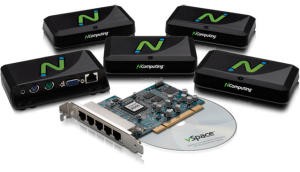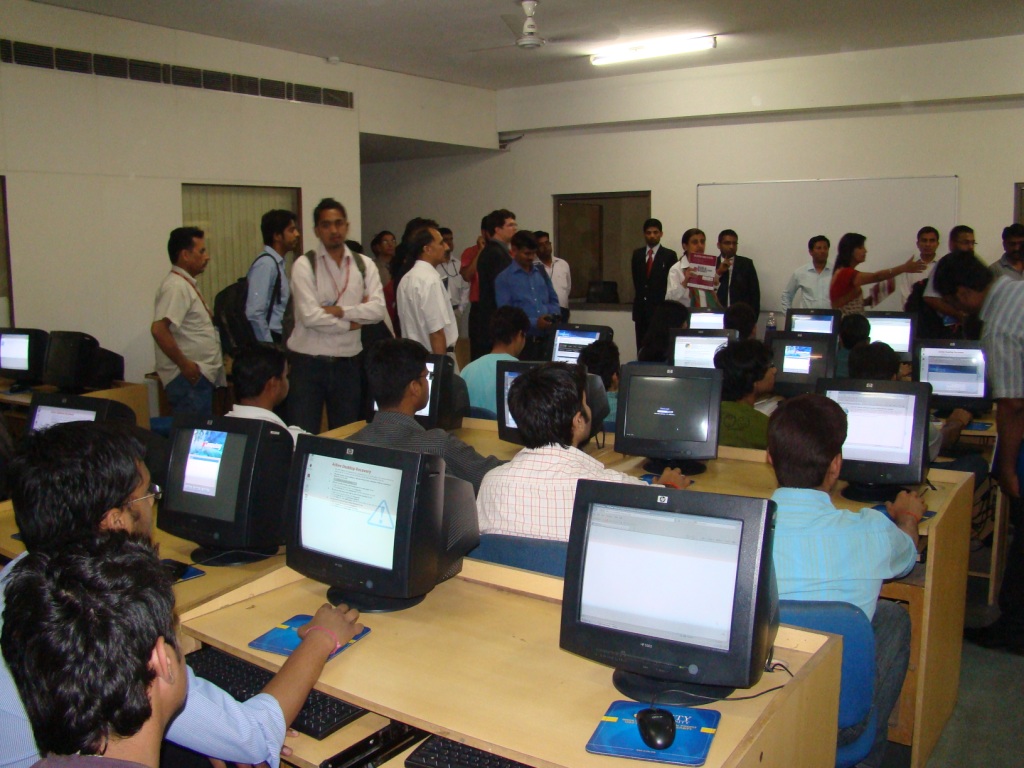4 mins read
Santa Clara’s NComputing is for sale and in deep financial trouble
Tags:
- ncomputing and price
- ncomputing configuration
- ncomputing configuration in windows 7
- ncomputing configuration pdf
- ncomputing configuration step by step
- ncomputing downloads
- ncomputing india
- ncomputing india price
- ncomputing india price list
- ncomputing india support ncomputing l300
- ncomputing india toll free no
- ncomputing l230
- ncomputing l300
- ncomputing m300
- ncomputing m300 3-in-1 thin client kit for virtual desktops
- ncomputing m300 cannot connect to host
- ncomputing m300 driver
- ncomputing m300 installation guide
- ncomputing m300 price
- ncomputing m300 review
- ncomputing m300 specifications
- ncomputing m300 vs l300
- ncomputing news
- ncomputing products
- ncomputing schools
- ncomputing software
- ncomputing software for windows 7 64 bit
- ncomputing software for windows server 2003
- ncomputing software for windows server 2008 64 bit
- ncomputing software for xp
- ncomputing software free download
- ncomputing software free download for windows 7
- ncomputing u170
- ncomputing u170 driver
- ncomputing u170 driver download
- ncomputing u170 price
- ncomputing u170 review
- ncomputing u170 specs
- ncomputing u170 usb-connected virtual desktop kit
- ncomputing u170 windows 7
- ncomputing u170 windows 7 driver
- ncomputing windows 7
- ncomputing x550 price
- Santa Clara's NComputing is for sale and in deep financial trouble
- vspace ncomputing






